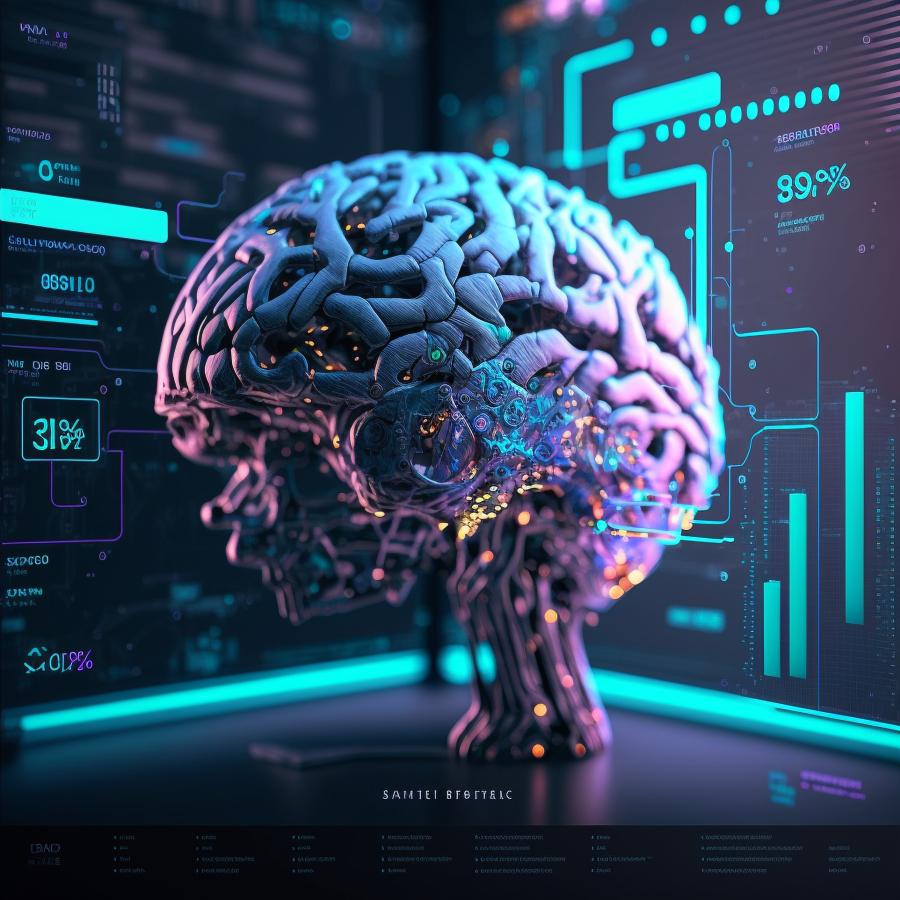

Copyright © 2023 Yalla Deals.

Title: Navigating the Ethical Waters of AI: Combating Bias in Artificial Intelligence
Artificial Intelligence (AI) is rapidly transforming our world, impacting many aspects of our lives, from healthcare to finance and more.
It affects certain aspects.
As AI systems become increasingly integrated into our daily lives, pressing concerns have emerged about the ethical implications and potential bias that AI may cause.
.
This article delves into the world of AI ethics and the challenge of reducing bias.
The Power and Dangers of AI AI is a powerful tool with the ability to analyze large amounts of data and make decisions.
Increase efficiency, automate tasks, and improve decision-making.
But the power of AI also has unintended consequences.
One of the most important issues is bias.
Bias in AI: Unintended Consequences AI systems learn from past data, but if these datasets are skewed, the AI can inadvertently adopt these biases.
These biases can manifest in many ways, including racial, gender, and socio-economic differences.
For example, AI algorithms used in the hiring process may favor certain populations over others due to biases present in the training data.
Consequences of Prejudice Prejudice perpetuates discrimination, reinforces stereotypes, and can lead to unfair decisions.
In areas such as criminal justice, health care, and lending, bias can lead to systemic injustice.
It's not just about injustice, but also about legality and moral responsibility.
Countering Bias and the Ethics of AI Ethical use of AI is not only desirable, it is essential.
Several strategies are used to combat bias and promote fairness.
Collect diverse data.
Ensure that your training data is diverse and representative of other demographic groups, which can mutually contribute to reducing bias.
Addressing AI Bias and Ethics Understanding how AI makes decisions can help identify and correct biased outcomes.
Fairness Assessment: regularly assesses the fairness and bias of its AI systems and takes corrective action when bias is detected.
Regulation: Governments and regulators want to enforce the ethical use of AI by setting standards and guidelines for developers and users.
Ethics Training: Educate AI practitioners about the ethical implications of their work and the potential for bias.
The Way Ahead The path to ethical AI is difficult but necessary.
Developers, users, and policymakers all have a role to play in ensuring that AI is a force for good and not harmful bias.
The goal is to create a future where AI not only improves our lives but also respects our values and principles.
As AI evolves, the ethical debate surrounding it continues to evolve as well.
It is our collective responsibility to ensure that AI is a tool of progress and justice, not a tool of injustice.
By combating bias and promoting ethical practices in AI, we can harness the full potential of AI to improve society.
References:
https://www.verdict.co.uk/ai-ethics-concerns/